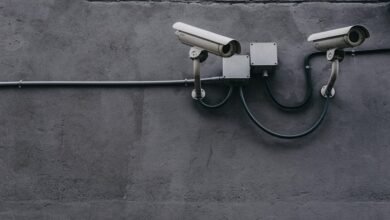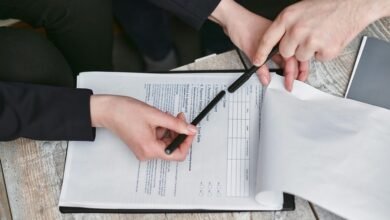Hotline Caller Verification Safety Control Office 3510950749 3275322348 3201594535 3395661380 3801862012 3511309970

The Hotline Caller Verification Safety Control Office operates with a focus on maintaining secure communication channels. It utilizes specific phone numbers for authenticating callers, ensuring that sensitive information remains protected. This system is essential in combating the rise of fraudulent calls. Understanding the protocols and their implications on personal safety can significantly influence user experiences. However, the effectiveness of these measures raises further questions about their implementation and user awareness.
Understanding the Hotline Caller Verification Safety Control Office
The Hotline Caller Verification Safety Control Office plays a crucial role in ensuring the integrity and security of communication channels within various organizations.
By overseeing hotline operations, this office implements robust caller authentication protocols, safeguarding sensitive information. Its meticulous approach fosters trust, enabling organizations to maintain privacy while empowering individuals to seek assistance without fear.
Thus, it upholds the fundamental principles of freedom and security in communication.
How to Use the Designated Phone Numbers for Verification
When utilizing designated phone numbers for verification, individuals must adhere to specific protocols to ensure accurate and secure communication.
The verification process involves contacting the designated numbers while maintaining phone security through encrypted connections and personal identification verification.
Users should document each interaction meticulously to enhance accountability and traceability, thereby fostering a secure environment conducive to freedom and trust in the verification system.
The Impact of Fraudulent Calls and the Importance of Verification
Fraudulent calls pose a significant threat to both individuals and organizations, leading to financial losses, data breaches, and erosion of trust in communication systems.
Effective fraud prevention strategies, including call authentication, are essential to mitigate these risks. By implementing robust verification processes, stakeholders can safeguard sensitive information, enhance security measures, and restore confidence in telecommunication.
Ultimately, fostering a safer environment for all.
Tips for Ensuring Your Personal Safety Over the Phone
How can individuals protect themselves from potential threats during phone conversations?
Practicing proper phone etiquette is crucial, such as verifying caller identities before sharing personal information.
Additionally, utilizing call blocking features can safeguard against persistent unwanted calls.
Remaining vigilant and skeptical of unsolicited requests ensures a proactive approach to personal safety, empowering individuals to maintain control over their communications and protect their privacy effectively.
Conclusion
In an increasingly digital age, the Hotline Caller Verification Safety Control Office serves as a lighthouse amid a stormy sea of communication threats. Just as sailors rely on lighthouses to navigate treacherous waters, individuals must trust these designated phone numbers to guide them safely through the potential dangers of fraudulent calls. By prioritizing caller verification, users can confidently engage in conversations without compromising their privacy, ensuring that their communications remain secure and trusted in a volatile landscape.





